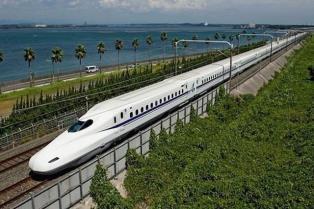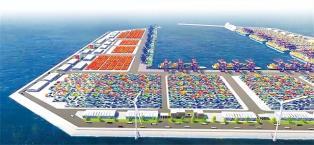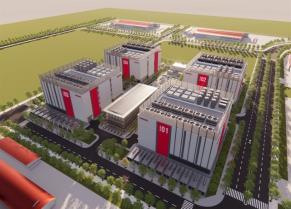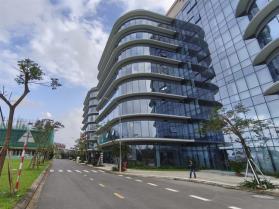Dialogue promotes participation of private sector in infrastructure development
Three priority sectors for PPP will be transport, transit-oriented development (TOD) and innovation, digital transformation and social infrastructure.
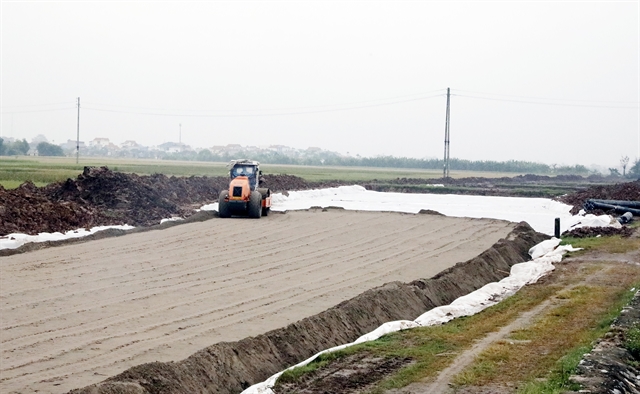
HÀ NỘI — Promoting public-private partnership (PPP) is critical to expand the role of the private sector in infrastructure development as Việt Nam seeks modern facilities to drive economic growth and strengthen national competitiveness, speakers said at a dialogue on Tuesday.
Deputy Minister of Finance Trần Quốc Phương told the PPP Dialogue – Partner, Innovate, Deliver, jointly held by the Ministry of Finance and the Asian Development Bank (ADB), that PPP was becoming an increasingly important tool for mobilising private resources to sustain growth momentum and enhance economic resilience.
“Stronger engagement from private investors would help Việt Nam accelerate major infrastructure programmes, enhance service quality and reinforce the country’s long-term competitiveness,” Phương said.
He noted that Việt Nam had significantly improved its PPP policy framework in recent years, including amendments to the Law on PPP and related decrees, creating favourable conditions for projects with broader eligible investment sectors, greater financial flexibility and streamlined procedures.
“Việt Nam is now ready to push the implementation of high-impact PPP projects,” he said.
Phương outlined three priority sectors for PPP: transport, transit-oriented development (TOD) and innovation, digital transformation and social infrastructure.
Transport would remain the most important pillar with the highest capital demand, covering highways, seaports, airports and regional linkage projects. PPP in transport was expected to accelerate key projects, share legal risks and improve operational efficiency.
Regarding TOD, Phương highlighted the urgent need in major cities for metro systems, public transit and smart city infrastructure.
The third pillar – innovation and digital transformation – had significant potential for breakthrough developments, providing digital infrastructure for state governance and public services.
Việt Nam aimed to promote PPP models aligned with its rapidly growing digital economy, Phương stressed.
ADB Country Director for Vietnam Shantanu Chakraborty noted that Việt Nam had made notable progress over the past 15 years in building legal and institutional foundations for PPP, and urged further efforts to bring more viable projects to market.
A milestone was the Law on PPP 2020, which unified regulations for private sector participation in national infrastructure, with amendments in 2024 and 2025 demonstrating the Government’s commitment to improving the framework.
“Still, greater efforts are needed to bring more feasible projects into reality,” he said.
Praising Việt Nam’s rapid reform pace, particularly following the Politburo’s Resolution 68 on private sector development, Chakraborty said the country needed a solid, transparent and efficient PPP framework to further promote the private sector’s role in the economy.
He added that the Government’s strong push on public investment and mega infrastructure projects would be effective once PPP standards and frameworks are fully operational.
With targets of double-digit growth by 2030 and high-income status by 2045, Việt Nam would face mounting challenges in capital mobilisation, project scales and access to international financial markets, he said.
Việt Nam must mobilise substantial resources not only for economic infrastructure but also for sustainable development and climate-resilience goals, requiring greater private sector participation and higher-quality project preparation, from feasibility studies to risk analysis and project packaging in line with international standards.
“PPPs play an increasingly important role in delivering modern, resilient and sustainable infrastructure in Việt Nam,” he said.
Chakraborty added that ADB was committed to supporting Việt Nam in building a transparent, effective and innovative PPP ecosystem to mobilise greater resources during the country’s next development phase. — VNS

